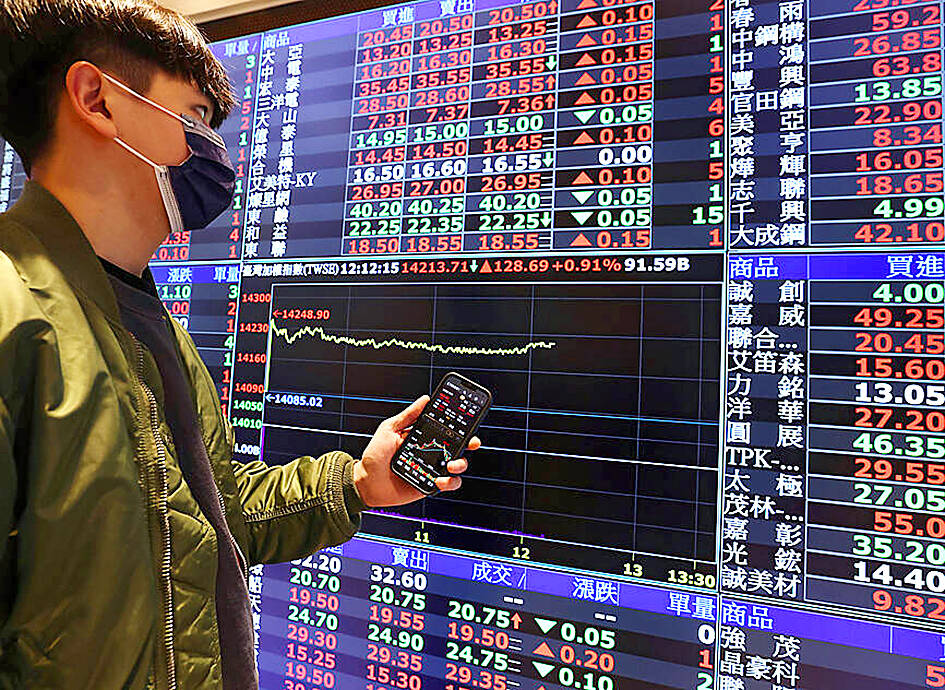The majority of international affluent investors use indexes as gauges of the health of the economy and to track market performances among others. Given all these indices, it is quite evident that the Taiwan Index and DAX Index are the two most prominent players in the world‟ ‘s financial field. There emerge some common denominators and differences between them in this comparative analysis.
The Taiwan Index
Tech Dominance
Focusing on technology companies goes beyond the traditional limitations of economy industries, opens doors to investors and offers a unique opportunity to get closer to one of the most innovative areas in the world.
Global Influence
Because Taiwan is a leading location for IC manufacturing and other high-tech industries, fluctuations in the Taiwan Index tend to permeate throughout global marketplaces, thus rendering it a critical and salient measure of direction for international investors.
Resilience
Although geopolitical issues and the world economy are widespread, this index remains resilient through the advanced performance of its advanced technology companies.
Rising Possibility for the Taiwan Composite Index
Dependency on Tech
The heavy weight of the Taiwan Index on the technology sector drives elevated exposure to the downsides of these sector-specific shocks, for example, supply chain interruptions and changes in consumer demand.
Geopolitical concerns
China and Taiwan’s Political Status and China’s Relationship With China are more an obstacle in the wave of the market’s stability, there is possible destabilization in investor sentiments.
Market volatility
The opinions of the Taiwan stock indices are susceptible to varying market volatility, and these market changes are affected by the surrounding trade tensions and currency fluctuations.
The DAX Index
A stripe of European finances
The Taiwan Index, which is made up of the 50 most liquid and technologically focused companies on the Taiwan stock exchange, diverges from the DAX Index, which consists of the 30 biggest companies that trade on the Frankfurt exchange in Germany.
The DAX, serving as the flagship index of the German market, carries enormous influence over the continuance of the events in the European markets by demonstrating the performance of key industries like automotive, manufacturing and finance.
DAX Index: its features
Diversification
The DAX Index is a convenient investment vehicle for various sectors such as manufacturing, finance, healthcare, and energy as opposed to indices with tight scope, which is a significant contributor to reducing the concentration risk.
Global presence
Being the leading economic force in Europe, DAX’s global importance goes without saying, motivating foreign investors who are looking for such diversification as by investing in DAX they gain exposure to only well-developed and reliable firms.
Stability
While the DAX might have short-term ups and downs, it has always been a great place to invest because it has a history of stability and strength, being largely supported by the stable economic structure of Germany and its sensible fiscal policies.
The problems with the DAX indicator
Economic headwinds
The German economy is export-oriented and, therefore, vulnerable to global trade disputes and weakening in global economies, which will be among corporations’ key challenges implied by the DAX listing.
Regulatory pressures
Restrictive regulatory rules in the EU interact with DAX-fortune companies, tighten their soundness and financial capacity, and dramatically reduce sales fluctuations.
Conclusion
In final words, the Taiwan Index has some things to offer to zero in on the Asian economies which may and can also encompass some challenges; whereas on the other hand, the DAX Index offers some less well-known but significant investments into the European markets with a lot more similarities in regulations. The Taiwan Index is a showcase for Asia’s tech hub with its innovative and dynamic element whereas the DAX Index represents the EU symbol of the economic might of its stability and diversity.

